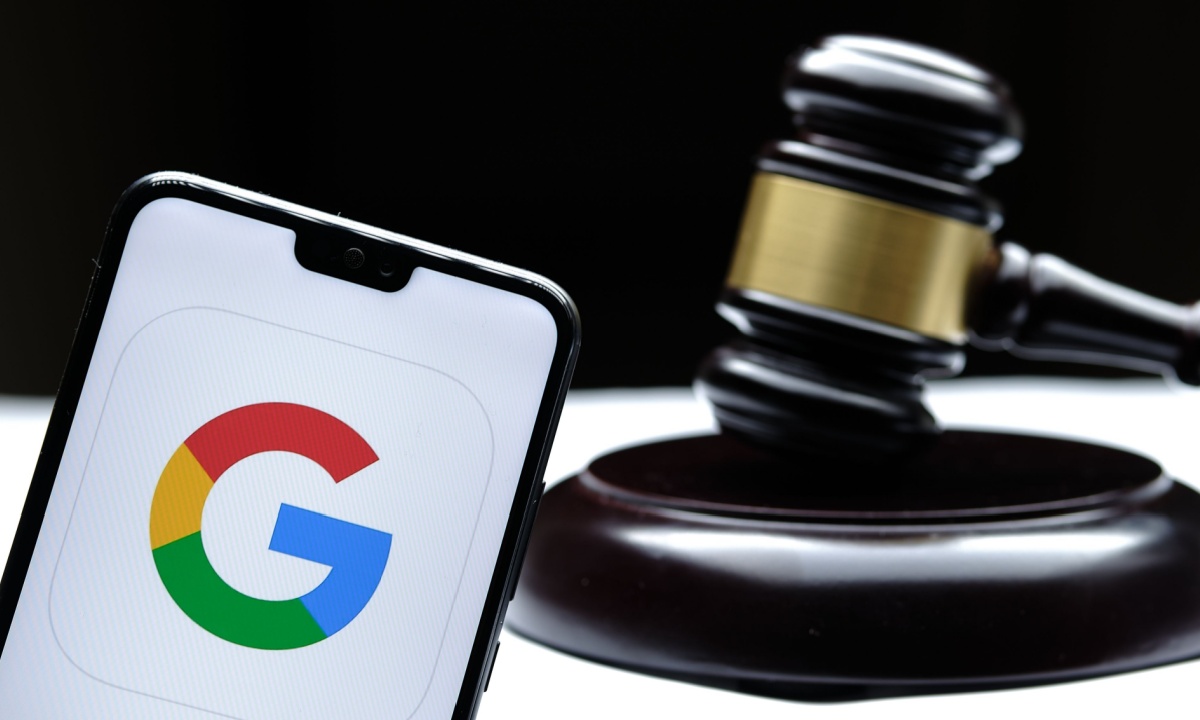Google has reportedly been dealt a setback in trying to overturn a record European antitrust fine.
As the Financial Times (FT) reported Thursday (June 19), that’s because an adviser to the European Union’s top court has sided with regulators who found that Google had used its Android mobile phone operating system to stifle competition from rivals.
Juliane Kokott, advocate-general of the European Court of Justice (ECJ), the EU’s highest court, found that a €4.12 billion ($4.7 billion) fine issued against the tech giant in 2018 by the European Commission should be upheld.
The FT report said that while Kokott’s view is not legally binding, the ECJ tends to follow these options. The court is expected to rule in the coming months, the report added.
“Google held a dominant position in several markets of the Android ecosystem and thus benefited from network effects that enabled it to ensure that users used Google Search,” said Kokott. “As a result, Google obtained access to data that enabled it to turn to improve its service.”
A spokesperson for Google told the FT the company was “disappointed” with the opinion, adding that “Android has created more choice for everyone and supports thousands of successful businesses in Europe and around the world.”
The victory here is a boost for the European Commission, the report added, as it seeks to enforce stricter regulations on the world’s biggest tech companies.
Another one of those companies is also trying to overturn an EC ruling. Apple last month filed an appeal against an order requiring the company to make its iOS operating system more compatible with other companies’ products.
The company filed its appeal with the EU’s General Court in Luxembourg, The Wall Street Journal (WSJ) reported earlier this month.
A spokesperson for Apple told WSJ that the EU’s interoperability requirements threaten the user experience delivered by the way the company’s technology works together and forces the company to share sensitive information with rivals.
“Companies have already requested our users’ most sensitive data — from the content of their notifications, to a full history of every stored Wi-Fi network on their device — giving them the ability to access personal information that even Apple doesn’t see,” the spokesperson said.
The EC has said that — to comply with Europe’s Digital Markets Act — Apple needs to give device manufacturers and app developers more access to iPhone features that interact with smartwatches, headphones or TVs.
